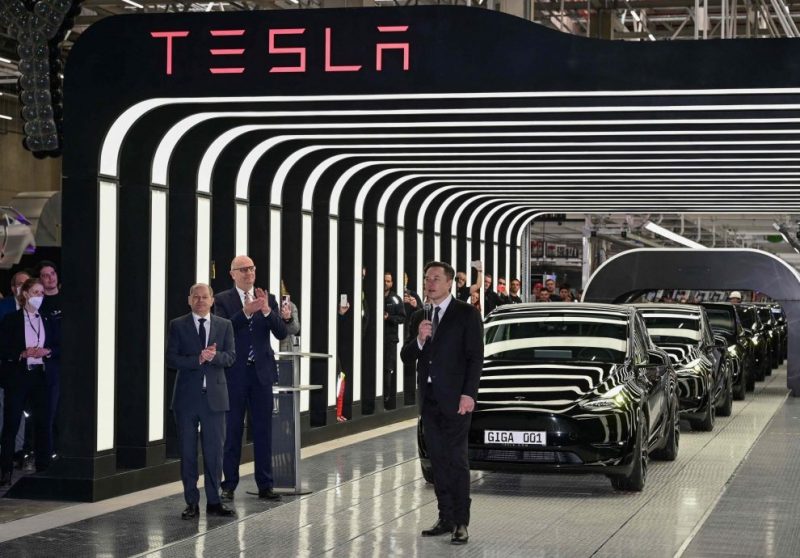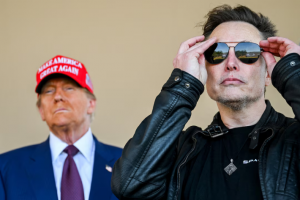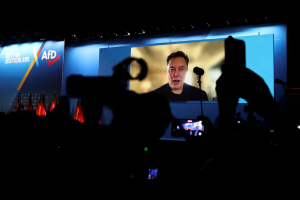Tesla will not set up a new gigafactory to make cars in India until it is allowed to sell and service imported cars, its chief executive Elon Musk said in a tweet late on Friday.
Musk responded to a query from an inquirer on Twitter who asked if Tesla planned to set up a manufacturing plant in India, saying: “Tesla will not put a manufacturing plant in any location where we are not allowed first to sell & service cars.”
The news is not a great surprise given Tesla is probably more focused on getting new plants it is building in Berlin and Austin, Texas up and running, while also restoring and expanding production at its factory in Shanghai, after it was forced to shutdown during the Covid lockdown.
Tesla and the Indian government have been discussing the possibility of the carmaker setting up a plant in the country for over two years, but failed to close a deal despite the carmaker setting up a subsidiary and registering an office in Bengaluru.
ALSO SEE: Tesla Results Beat Forecasts as New Plants Aim to Ease China Burden
India a ‘Bumpy Road’ for EVs?
Observers predicted back in early 2021 that the road would be long and bumpy, as electric vehicles had been slow to take off there, because of the lack of local companies producing components and batteries, minimal charging infrastructure, plus the relatively high cost of electric vehicles meant there might be limited buyers in a very price-conscious market.
Indian Road Transport Minister Nitin Gadkari said in March last year that the country was ready to offer incentives to ensure Tesla’s cost of production in India was less than China – if the carmaker commits to making electric vehicles there.
Musk may have been hoping that New Delhi would cut taxes and fulfill its promise of enticing incentives. But five months later, the Modi government said there were no plans to slash taxes, and that appeared to kill any idea of setting up a local factory in the near future.
Early this year, Musk said Tesla was “still working through a lot of challenges with the government.”
And last month, the government seemed to acknowledge that, with Nitin Gadkari saying “If Elon Musk is ready to manufacture Tesla in India, then there is no problem,” before adding that manufacturing cars in China and selling them in India was not a “good proposition”.
There have since been reports that, with India failing to cut its import duties on EVs, several Tesla executives in India were reassigned to focus on Indonesia and other Asian countries.
Indeed, the most recent news is that Tesla has applied to register its electric vehicles, batteries and solar products for sale in Thailand, which is often been called the ‘Detroit of the East’ because of its large carmaking sector.
Clearly, Musk has plenty of options to consider.
Perhaps the saddest part of this news is that India desperately needs to ramp up production of electric vehicles because of the appalling pollution levels in many of its cities.
However, there look to be other companies that are a better fit for India: Tata Motors is one, and Stellantis also looks to have a smart policy to fulfill the same goal.
• Jim Pollard
ALSO on AF:
India’s Tata Seen Ramping up Output of Electric Vehicles
Stellantis Looks to Indian Future as China, Russia Sales Lag
Tesla Plans Company-Owned Retail Outlets in India: BS
Three Indian Companies Bidding to Supply Parts to Tesla – ET
























